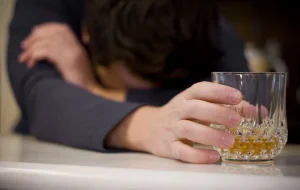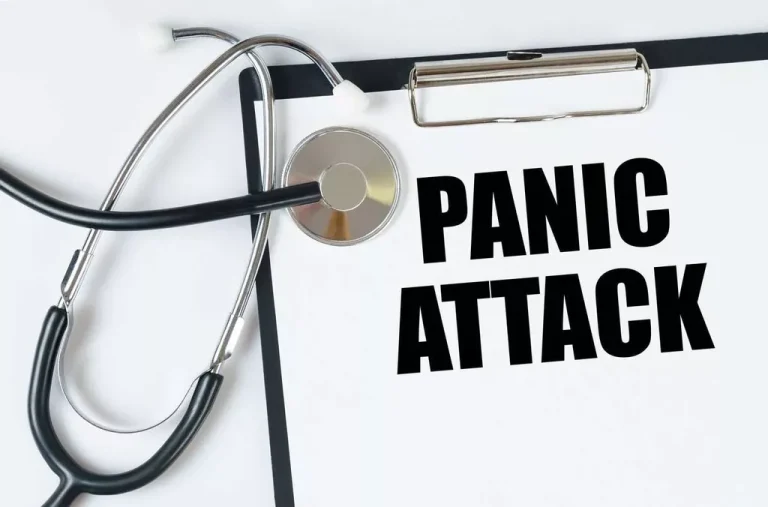“Rosacea is a condition that is triggered by alcohol consumption – especially red wine – as it’s an inflammatory condition, so when we drink alcohol we’re increasing chances of a flare-up,” she says. If you quit drinking alcohol, you’ll see many skin improvements both immediately and over time. You’ll also enjoy multiple other health benefits, including reduced risk of disease, lower blood pressure, improved organ function, weight loss and better mental health.
Sleep disruption
“Including supplements into your diet can encourage regeneration of cells which is often blocked if excessive drinking takes place,” says Dr Liakas. “Dehydrated skin needs to be treated from within, and plain and simple water is your best option,” explains Faye. Although you may still suffer a hangover the next day, drinking lighter drinks may minimise your suffering slightly (and the amount of bacon sandwiches you have to consume!) because they don’t contain congeners.
How Long After Quitting Drinking Does Skin Improve?
The high levels of chemicals, caffeine and sugar in Red Bull causes inflammation and irritation, plus your sleep will be inhibited. Of the many bodily processes impacted by alcohol, sleep ranks among the most vulnerable. And by interfering with your sleep cycle, alcohol effectively and significantly compromises your body’s cellular rejuvenation cycle. (Not to mention, your key cognitive functions.) This is when your body best heals itself from all ailments, and when it rapidly regenerates cells in order to keep you in tip-top shape. As that pertains to superficial cells, it means that your skin looks more dull, and its texture is rougher.
Tired appearance
In rare cases, an allergic reaction to alcohol can manifest as facial swelling, along with other symptoms like rashes, hives, itching, or difficulty breathing. However, this is more an allergic response than a typical effect of alcohol consumption. Limiting how alcohol affects your skin the amount of alcohol you drink, and having plenty of water or soft drinks between alcoholic drinks can help avoid dehydration – which is also the main cause of a hangover. Your nose might get red and stuffy or runny when you have a beer or a glass of wine.

How should I take hydroxyzine?
- With lower levels, your skin is more prone to sagging and wrinkling, aging your appearance.
- In skin care products, glycerin is commonly used with occlusives, another type of moisturizing agent, to trap the moisture it draws into the skin.
- But chronically dehydrated skin will become much more visibly aged and damaged over 10 or 20 years, compared with healthy, hydrated skin.
- Signs of dehydration include dark circles beneath the eyes, puffiness, and dry skin.
Drinking alcohol certainly isn’t the best for your skin, but you can do it in a way that’s minimally problematic. Remember to look for nutrient-rich drinks when you can, hydrate throughout the night, drink in moderation, and ease hangover anxiety when possible. Opt for the healthier alcohols out there—here’s a list of the eight best to look for. This isn’t exclusive to the face, though—you may see signs of water retention (as in puffiness) throughout your body.

Books about skin diseases
- One study of US women examining the link between type of alcohol consumption and psoriasis found an elevated risk for women who consumed 2.3 alcoholic beverages per week or more compared to nondrinkers.
- Hydroxyzine may be used to treat allergic skin reactions such as hives or contact dermatitis.
Additionally, alcohol can also disrupt our hormone levels and lead to a hormonal imbalance. Specifically, alcohol can increase estrogen levels in both men and women, as well as levels of cortisol — a stress hormone that can lead to weight gain, sleep disturbances, and a weakened immune system. Increased hormone levels can stimulate our oil glands, causing them to secrete more sebum (oil), which can clog our pores and result in a breakout.

Bruising is more likely because without enough vitamin C to support collagen production, blood vessels become fragile and damage easily. Similarly, a deficiency of vitamin K, which is needed for blood clotting, can also cause bruising. “You’re feeling sluggish, less motivated, anxious, and stressed out.” Imagine your skin after a red-eye return from a girls’ trip to Vegas the moment you remember you have a giant presentation Monday morning. As for sleep, alcohol disrupts the REM cycle starting a few hours after bedtime, ruining concentration and focus the next day and interrupting the body’s (and skin’s) key repair time. These consequences, Mehta reminds me, are worse drink for drink for people assigned female at birth. If you want to restore and revitalize your skin after drinking during the holiday season and year-round, the U.S.
First things first, the odd drink here or there isn’t going to break your body. But the unfortunate truth is alcohol is a hepatotoxin, meaning it specifically damages the liver, and this organ is intimately connected to your skin’s function. But what are the benefits of cutting out booze for a month and beyond? WH spoke to the experts to find out how your alcohol intake can directly impact your your healthy glow and what happens to your skin once you put that tipple down. A person who is worried about the amount of alcohol they consume, or has trouble managing their alcohol intake, can contact a doctor or local support group to help with treatment. A person with AUD may be unable to manage their drinking habits and may drink heavily.
Repairing Skin Damage from Alcohol
“Serums and face masks that contain antioxidants, like vitamin C, green tea, and niacinamide, can help calm the skin the day after a long night out.” The Reframe app equips you with the knowledge and skills you need to not only survive drinking less, but to thrive while you navigate the journey. Our daily research-backed readings teach you the neuroscience of alcohol, and our in-app Toolkit provides the resources and activities you need to navigate each challenge. By routinely following these steps, you’re likely to notice not just healthier skin, but significant improvements to your overall health and well-being. Don’t panic, we chatted with a few skin experts to learn more about alcohol in skincare and sort it all out.

Recent Comments